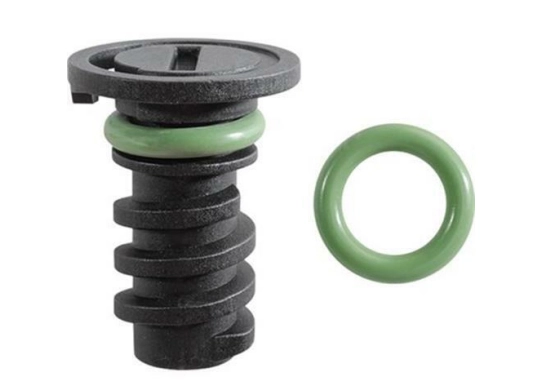hub oil seal
Understanding Hub Oil Seals Their Importance and Functionality
Hub oil seals play a critical role in the functionality and longevity of various machines, particularly in vehicles and industrial machinery. Often overlooked, these components provide essential protection and sealing to prevent lubricant leakage and contamination, thereby ensuring smooth operations and enhancing the lifespan of equipment.
What are Hub Oil Seals?
Hub oil seals are specialized sealing devices that are employed in rotary applications, particularly around the hubs of vehicles. They are designed to prevent the escape of lubricants from the hub assembly while also keeping dirt, grime, and moisture from entering. Typically made from durable materials such as rubber, polyurethane, or metal, these seals are engineered to withstand harsh operating environments, including high temperatures, pressures, and the effects of various chemicals.
The Importance of Hub Oil Seals
1. Lubricant Retention One of the primary functions of hub oil seals is to retain lubricant within the hub assembly. Lubricants are essential for minimizing friction between moving parts. Without proper lubrication, components would wear down quickly, leading to premature failure. Oil seals, therefore, serve as barriers ensuring the lubricant stays where it is needed.
2. Contamination Prevention Hub oil seals prevent contaminants such as dirt, dust, and water from entering the hub assembly. Contamination can lead to significant wear and damage, adversely affecting the performance and reliability of the machinery. By keeping the internal environment clean, oil seals help maintain optimal operating conditions.
3. Enhanced Equipment Lifespan By ensuring effective lubrication and preventing contamination, hub oil seals contribute significantly to the extended lifespan of machinery. Regularly maintaining and replacing these seals can lead to reduced downtime and maintenance costs, as well as increased productivity.
4. Performance Optimization Properly functioning hub oil seals enhance the overall performance of the equipment. By reducing friction and preventing wear, these seals ensure that machinery operates efficiently, which is crucial in high-demand environments.
hub oil seal

Common Applications of Hub Oil Seals
Hub oil seals are utilized in a variety of applications across different industries. In the automotive industry, they are commonly found in wheel hubs, drive shafts, and differential assemblies. Heavy machinery, such as excavators and forklifts, also employs hub oil seals to protect critical components from wear and contamination.
In the realm of industrial machinery, hub oil seals are vital for equipment like motors, pumps, and gearboxes. Their ability to protect against oil leakage and external contaminants makes them indispensable in maintaining the reliability of machinery used in manufacturing and production processes.
Maintenance and Replacement
Although hub oil seals are designed for durability, they do wear out over time due to constant exposure to friction, temperature changes, and various environmental factors. Regular inspection is essential to identify signs of wear or damage, such as leaks or cracks in the seal. If any deterioration is noticed, timely replacement is necessary to prevent further damage and associated costs.
When replacing hub oil seals, it is crucial to select the correct size and type for the specific application. Using the right seal ensures an effective barrier against leaks and contamination, ultimately preserving the integrity of the machinery.
Conclusion
In conclusion, hub oil seals are vital components that play a significant role in the protection and efficiency of various mechanical systems. Their ability to retain lubricants and prevent the entry of contaminants is essential for ensuring the smooth operation and durability of equipment. Regular maintenance and timely replacement of these seals are critical for preserving the functionality and extending the lifespan of machinery. As industries continue to evolve, the importance of such specialized components will only grow, highlighting the need for awareness and understanding of their function and maintenance.
-
Understanding the Front Main Engine Seal: Purpose, Maintenance, and Installation
News Jul.29,2025
-
Understanding O-Rings and Seal Rings: Types, Applications, and Custom Solutions
News Jul.29,2025
-
Understanding Crankshaft Oil Seals: Rear Seals, Pulley Seals, and Their Role in Engine Integrity
News Jul.29,2025
-
The Importance of Front and Rear Crankshaft Seals in Engine Performance and Oil Management
News Jul.29,2025
-
Crank Oil Seals: Functions, Types, and Cost Considerations in Engine Maintenance
News Jul.29,2025
-
A Comprehensive Guide to O-Rings and Seals: Types, Materials, and Global Applications
News Jul.29,2025
-
Mastering Diesel and Performance Engine Maintenance: A Guide to Critical Oil Gaskets
News Jul.28,2025
Products categories















